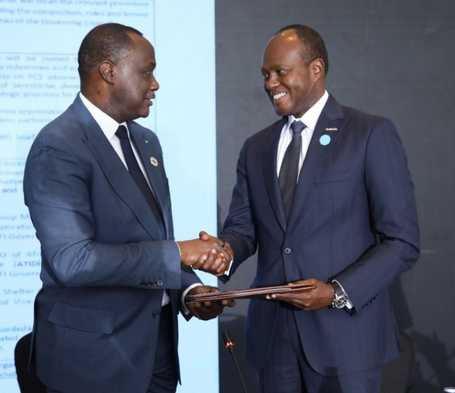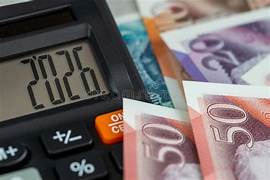Once again the phenomenon of Black Friday has hit British high streets in the run up to Christmas and Opinium Research analysed the nation’s behaviour in response to several days of deals and discounts with some surprising results. Despite the hype, the majority (69%) of Brits avoided Black Friday. Of those who did take advantage of the sales (29% overall) most avoided the madness of the stores and stuck to online shopping (81% versus 35% who shopped in store). However, almost half (47%) of those aged 18-34 years and Londoners (49%) sought out a bargain compared to the rest of the population (29%).
For those who did venture out, the average sum spent was £41, rising to £63 among Londoners, while on average £92 was spent bagging deals online equating to a whopping £2 billion, with over one in ten (13%) spending £200.
The lure of the sales meant that one in ten (9%) Black Friday shoppers travelled further than they usually would (rising to 23% among Londoners) and another 12% visited shops they never normally would, while nearly just under one in six (17%) succumbed to temptation and bought things they wouldn’t have otherwise purchased. Worryingly, the survey also revealed that 1.4 million1 people (9%) admitted to borrowing money to make the most of the sales – this is more prevalent amongst male shoppers (12%) and those aged between 18 and 34 (15%).
Shopping kings
Men are revealed to be the most organised and methodical when it comes to hitting the sales, perhaps unexpectedly so, with:
· Nearly a quarter (22%) of male shoppers browsing the stores in advance vs 16% of women
· One in six (15%) trying products on in store ahead of time to know exactly what to purchase (versus 9% of women)
· Nearly one in five men (19%) admitted they drew up a plan on how to tackle the sales (where to go, how much to spend etc.) compared to just one in ten women (9%).
The survey also revealed that it is male shoppers (16%) who are more likely to have done shopping during their working hours compared to women (12%) and again are more likely to have pulled a sickie to go shopping (6% vs just 1% of women).
















